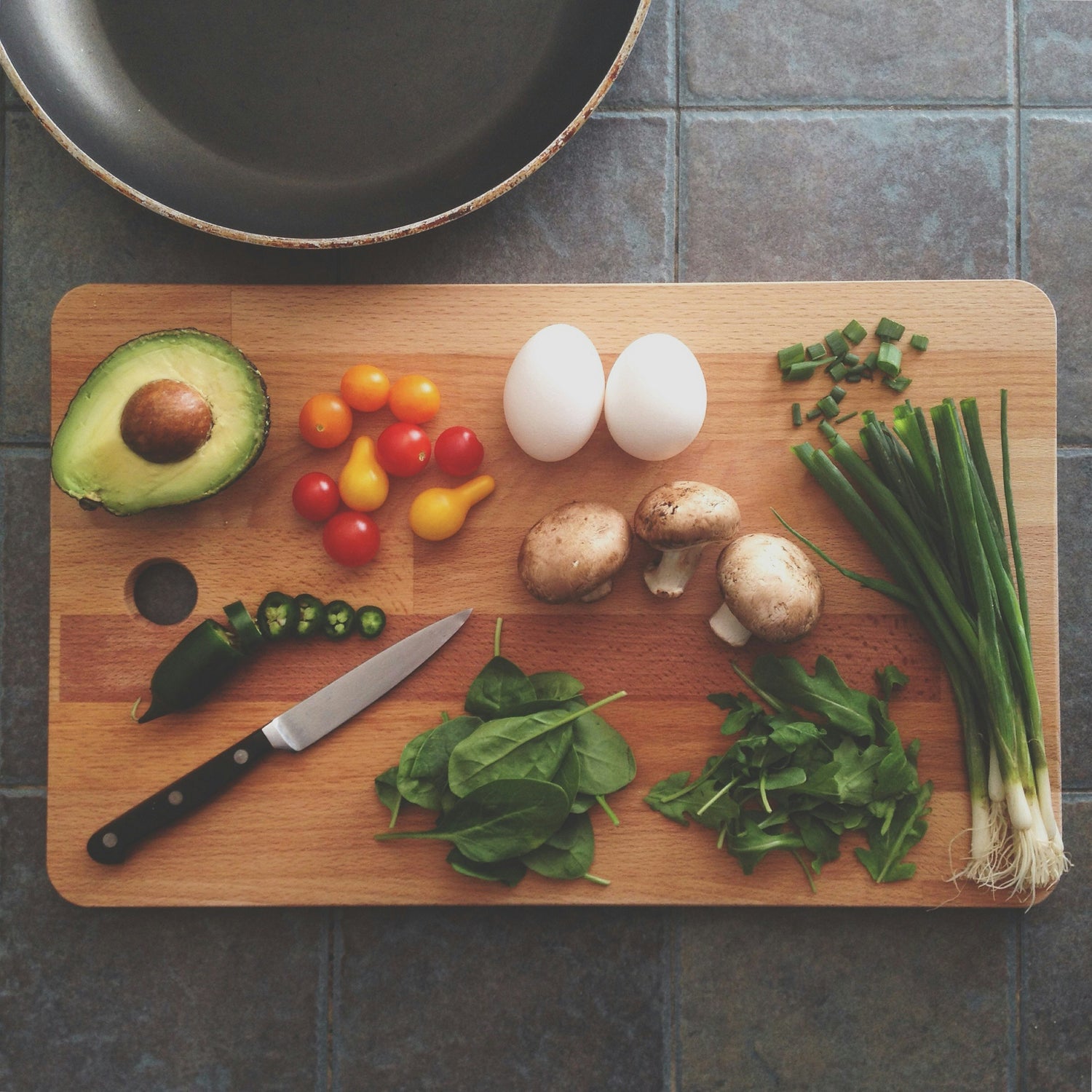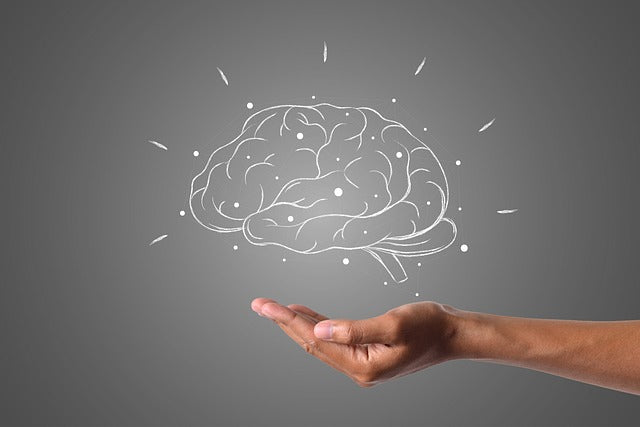In this 3-part blog series (Stress Support 101, 102, and 103), the Quicksilver Staff addresses a multipronged approach to supporting the body under stress. Stay tuned for each essential tidbit!
These days, we often view stress as a badge of honor—proof that our hectic lives are packed to the brim with work, play, friends, family, exercise, shopping, cooking, and limitless other tasks from laundry to surfing social media and tuning in to 24-hour weather and news.
We’re drinking every last drop of life. We’re making our mark. We’re also sleep deprived and chronically tense. Since 2007, the American Psychological Association has conducted an annual nationwide survey to assess how stressed Americans are. Between August 2016 and January 2017, the overall average reported stress level of Americans rose from 4.8 to 5.1, on a scale where 1 means little or no stress and 10 means a great deal of stress, according to the APA survey.1
We tend to forget that chronic stress isn’t just an irritant, but can pave the way for ill health by altering the responses of the sympathetic nervous system and the adrenal axis, increasing the flow of stress hormones, and upregulating inflammation and free radical damage.2 Yet it’s hard to jump off the merry-go-round of stressors that confront us at every turn.
If we understand the biology of stress—just how it acts on the body—then we can make choices that help us to relax and restore ourselves, including the support of natural aids that gently soothe and replenish our cells, tissues, and organs.
The hypothalamic-pituitary-adrenal (HPA) axis is the primary axis of endocrine organs in the body that adapts in response to stress. This system impacts the function of many other biological systems and processes through the hormone cortisol. Chronic stress is linked to chronically elevated levels of salivary cortisol in both children and adults.3 These high levels are associated with reduced immune response, affecting healing and thus prolonging recovery time; delayed growth in children; and increased blood pressure and heart rate in both children and adults.
Sleep difficulties are common with anxiety disorders and are often associated with mental activity or worrying. They lead to a lower cortisol awakening response (CAR) which is a burst of cortisol secretion that occurs about 20-30 minutes after awakening in the morning, and prepares the body for greeting the demands of the day.4
Sleep is a necessity for creatures ranging from fruit flies to humans. It is actually a cleansing process, wherein your brain flushes itself clean, sending waste and toxins out of the cells and bringing in fresh nutrients, which then diffuse back into cells, refreshing and replenishing them.5 While you sleep, your brain detoxifies itself up to ten times faster than when you are awake.6 No wonder good sleep is the foundation of health, while poor sleep raises our risk of stroke, heart attack and even weight gain and weak bones.7
Rest & Relax with GABA and L-Theanine
To restore deep and restful sleep, you might turn to a calming amino acid like gamma-amino butyric acid (GABA), which is known as the premier “calm and connect” molecule. Our brain naturally produces it, and it is capable of inhibiting or slowing down nerve impulses, and balancing out our response to stress. Lower GABA concentrations in individuals suffering from post-traumatic stress disorder (PTSD) have been linked to poor sleep quality.8GABA supplementation has been found to significantly increase calming alpha-wave patterns during stress, and to reduce anxiety levels in humans.9,10GABA may fine tune our entire neuroendocrine response.11
GABA is found in teas such as pu-erh and foods such as kimchi (where it is a fermentation byproduct).12 For the pure amino acid, liposomal delivery systems have been shown to facilitate transport across the blood brain barrier (BBB) and increase availability of therapeutic agents in the central nervous system.13It has also been proposed that supplemental GABA may activate receptors in the enteric nervous system (that of the gut), which may be modulated by and signal to the vagus nerve.14 The vagus nerve is the longest cranial nerve in the body. It contains motor and sensory fibers and, because it passes through the neck and thorax to the abdomen, has the widest distribution in the body.
Another calming amino acid, one that enhances GABA’s effect, is L-theanine. It is found naturally in tea.15 After supplementing with L-theanine, brain wave patterns smooth out, much like they do with meditation.16 L-theanine calms without impairing cognitive ability, reduces stress and levels of cortisol (the stress hormone) in saliva, and also lowers blood pressure.17,18 L-theanine has been observed to promote relaxation and reduce stress, possibly by increasing alpha wave activity and by blocking the binding of L-glutamic acid to excitatory glutamate receptors in the central nervous system.19,20
Continuous administration of L-theanine has been shown to increase expression of brain-derived neurotrophic factor (BDNF)21, a protein that increases neural plasticity and promotes neurogenesis, including that of dopaminergic and serotonergic neurons.22 Increased BDNF levels are thought to be a mechanism by which some anti-depressants, supplements, and exercise have a positive impact on anxiety and depression.23,24,25
Supplementation with L-theanine has been shown to have a relaxing effect, reducing heart rate and salivary immunoglobulin A (sIgA) secretion in settings of acute stress.26,27 It also has been shown to reduce anxiety and attenuate blood pressure during a challenging mental task28 and reduce salivary α-amylase activity and subjective experience of stress during mental challenges.29 L-theanine has been shown to improve aspects of sleep quality in boys with attention-deficit/hyperactivity disorder30, and reverse caffeine-induced decreases in slow-wave sleep in animals.31
GABA in combination with L-theanine truly is a ‘busyness’ antidote and produces a very quick and powerful effect. GABA and L-theanine help balance our nervous system, enabling a good night’s deep sleep, and thus supporting optimal health. On their own, oral GABA supplements like capsules or tablets do not easily cross the blood-brain barrier. 32 Hence, a liposomal delivery system for this nutrient combination is key, as it has demonstrated abilities to deliver nutrients through this barrier and into the brain where they are needed.




